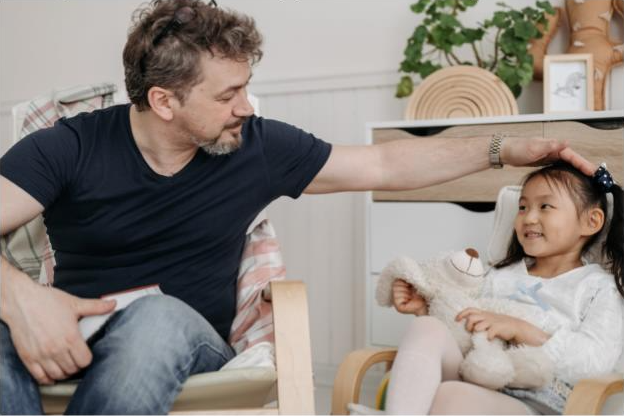4 Ways Families Can Support Their Adopted Child

Childhood and adolescence can be a particularly challenging time, and this is especially true for adopted children. Co-authors Sharon Kaplan Roszia and Allison Davis Maxon have identified seven core issues in adoption and permanency that include loss, rejection, shame and guilt, grief, identity, intimacy, and mastery and control. There’s a dynamic relationship between all the issues and when not addressed correctly, the issues may become lifelong struggles. As a parent, supporting your child throughout the adoption process is crucial. When you help them navigate these challenges, you’re allowing them to grow up to be happier and fully independent adults. So, here are four ways you can support your adopted child:
1. Respect their birth parents
Your child’s biological parents will always be a part of who your child is as a person. While each family has different preferences, research shows that it is more beneficial for children to be connected to their birth parents in some capacity. This can range from simply talking about them with your child to providing them with opportunities to spend time together. It can be difficult to decide when it is the right time to discuss their biological parents with your child. However, The Atlantic cites research that shows the earlier children know they are adopted, the better the consequences on their future life satisfaction and mental health.
Treating their birth parents with respect in conversations and interactions can make the adoption much easier. Not only will your child respect you for being honest, but they will also be more accepting of their current place in the world and your family as one that came from love.
2. Keep comparisons to a minimum
Adopted children can struggle with feeling a true sense of belonging, and comparing them to your biological children or family members may only make this worse. Even if they have fully accepted being adopted, it can still make them feel out of place, especially at family gatherings. Children want to please their parents, and failing to do that can cause anxiety and lower self-esteem. The eBook ‘Children in Foster Care and Disorders’ also discusses social phobias, which can arise in this situation. It is when children develop and they fear being embarrassed or facing criticisms from others. As parents, you can mitigate these negative self-perceptions by being more aware and using benchmarks only to measure your child’s individual progress. It is also important to find the balance between focusing on your child’s individuality and uniqueness and singling them out because of it.
3. Cultivate a space for mental wellness
Adoption can be difficult to accept, and children may face psychological struggles with the emotional challenges that come with being adopted. It’s common to develop anxiety because of this situation, especially if your child is getting used to a new way of life in your home. In some of the health and wellness guides on SymptomFind, they describe anxiety as a psychological and physiological state where one feels fear temporarily. It is a normal reaction that can help us cope during times of stress or change. However, it is important to manage anxiety so that it does not become disruptive and constant in daily life, especially in children. The same goes for depression, which research on Science Daily finds is slightly more common among adoptees. Providing an environment that is safe and secure for your child while ensuring a healthy lifestyle is one of the best ways to manage these psychological struggles. Create a safe space where your child can share their feelings with you. Spending time together to do creative activities can also serve as bonding and help your child focus on their strengths.
4. Give them options
Members of adoptive families have differences, and parents and children may not always have the same preferences, from food down to lifestyle choices. At Heart of Adoptions, we recommend giving your child options and allow them to choose the food they eat, the clothes they wear, and the hobbies they want to pursue. Exposing them to various opportunities and letting them pursue individual interests is a sign of trust and fosters connection. Getting involved in the things they like to do is a great way of showing support as it encourages them to be more confident in their identity as an individual and as part of your family.
Specially written for HEARTOFADOPTIONS.com
By: Riann Jacee






One Response
Comments are closed.